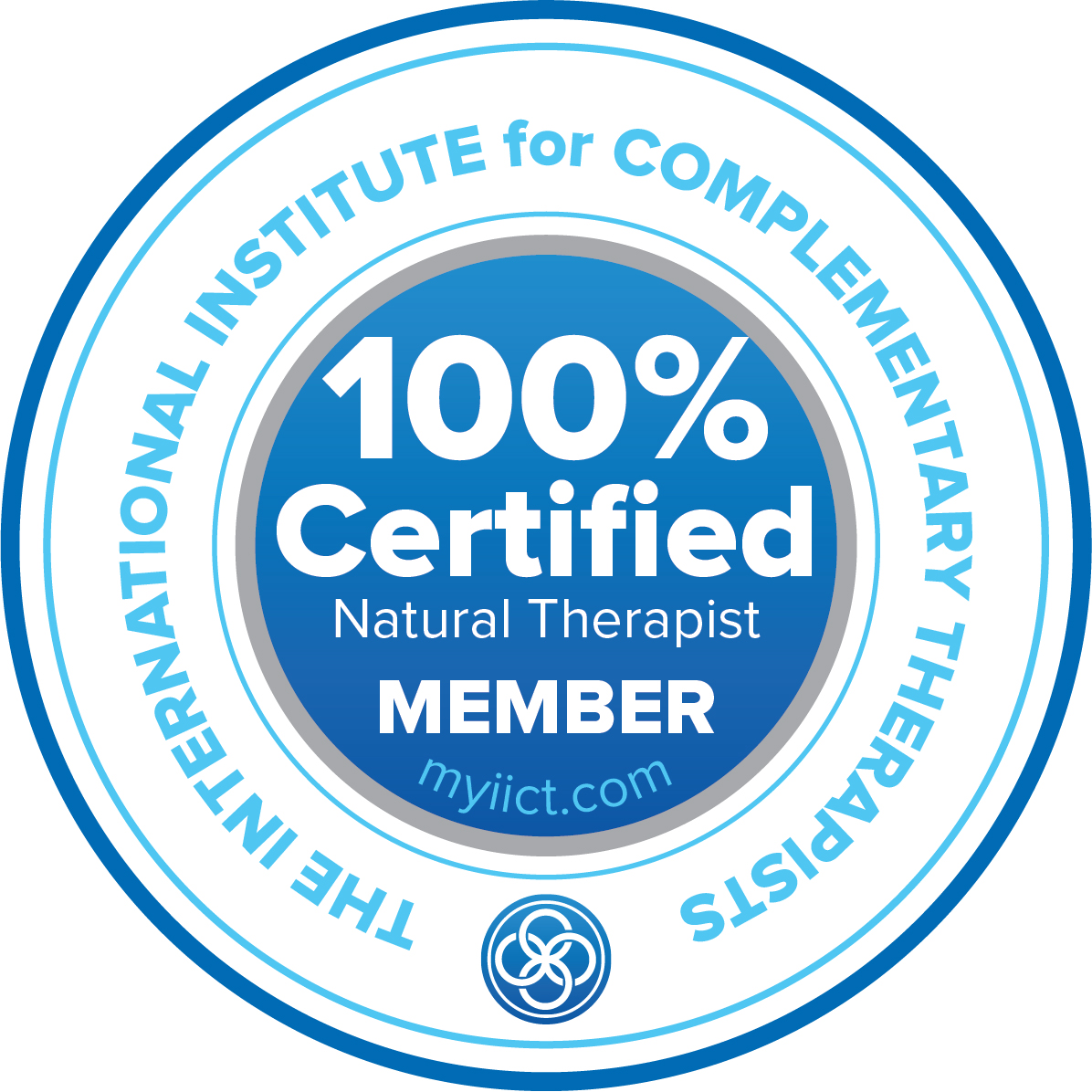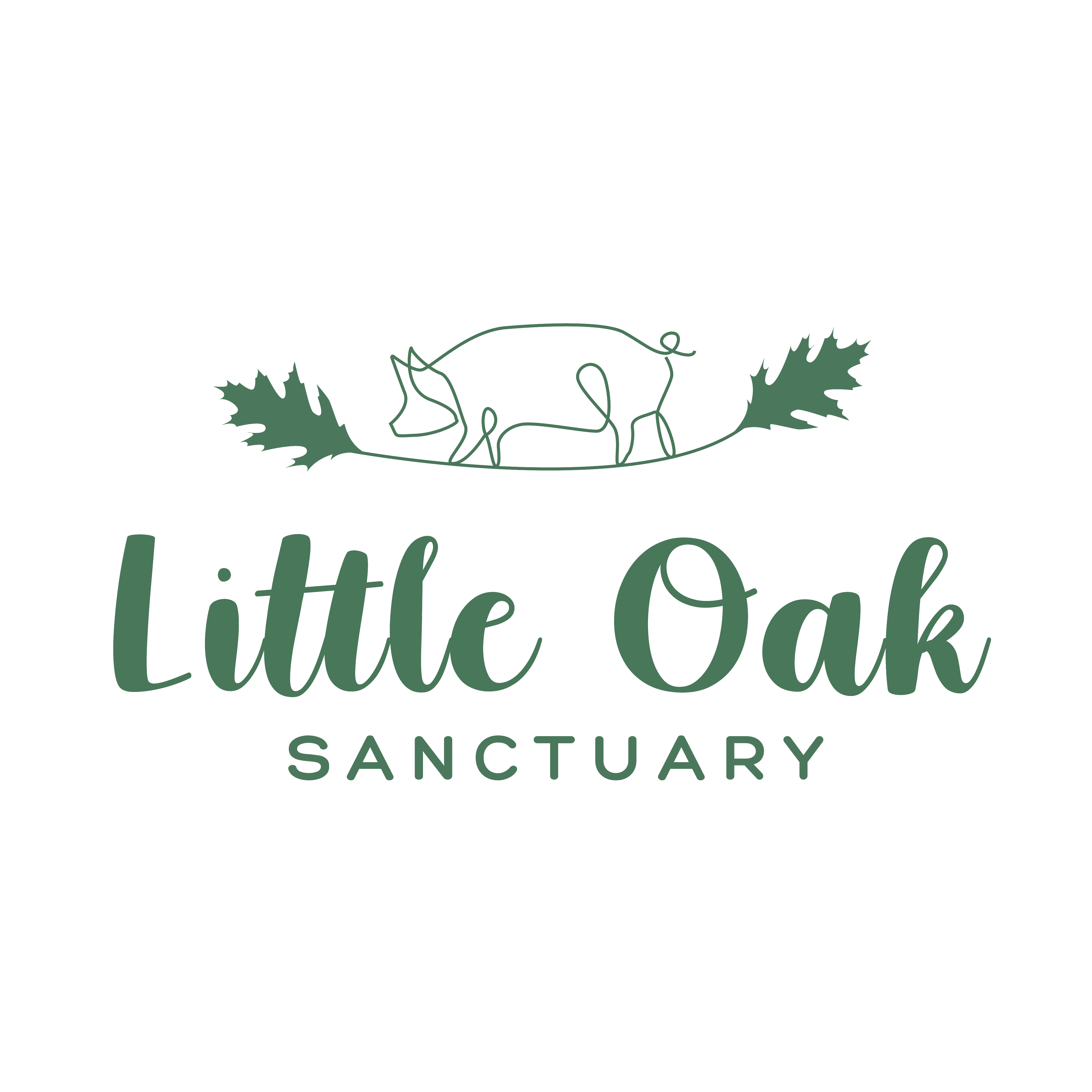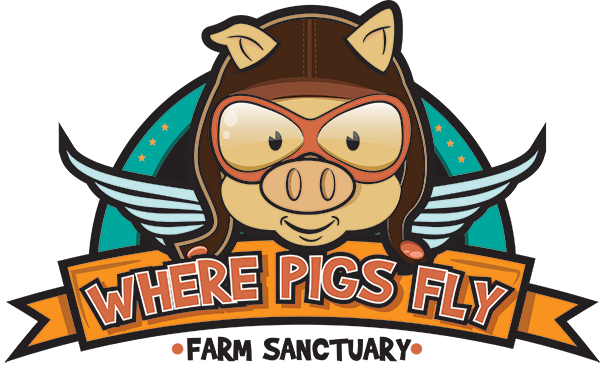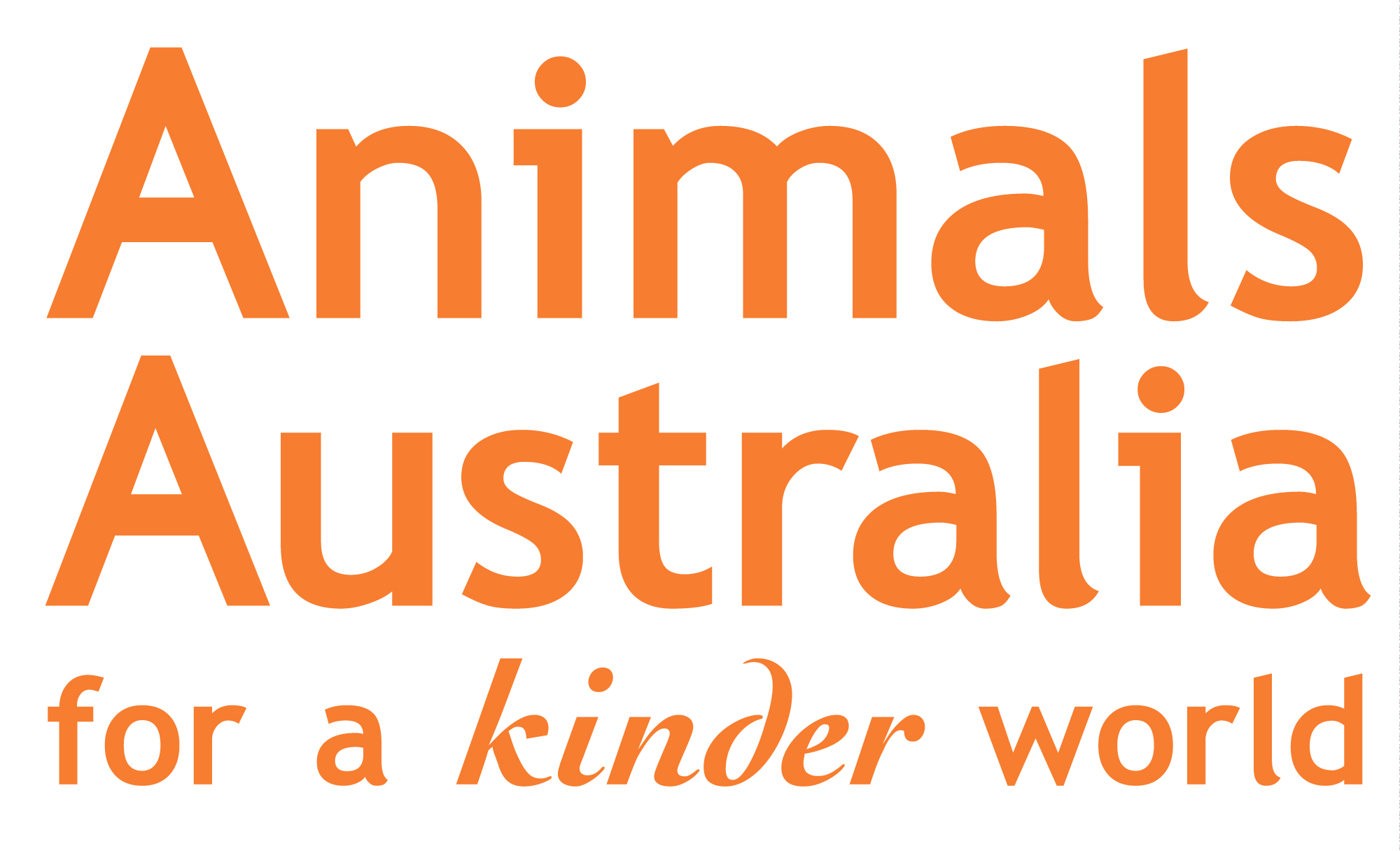For my latest articles and special offers, subscribe to Jess Ang's Intuitive Updates here.
Reiki and Your Feedback Please
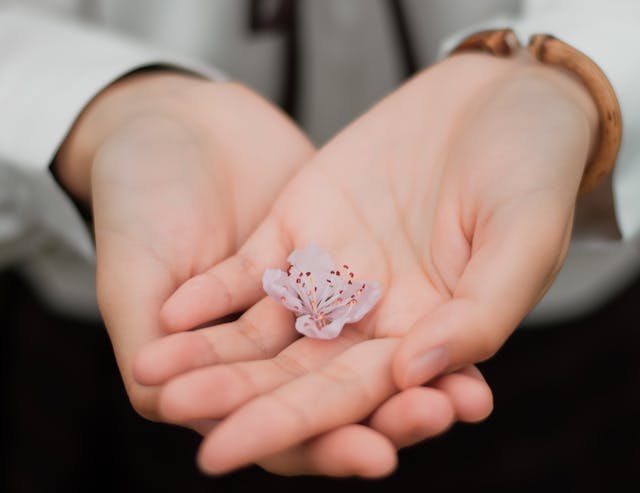
October 2024
Reiki
Reiki originated in Japan towards the end of the 19th century, started by a man named Mikao Usui. It is now quite well known worldwide as an energy healing method or biofield therapy, as it involves sending energy to a client to activate the body’s capacity to heal.
A few years after becoming a professional intuitive, I commenced training in Reiki and have practiced it fairly regularly ever since – most often for family, though also in a professional capacity while working at Living Energies in Bondi Junction, Parramatta, and Warringah Mall for a phase. After the covid lockdown took place, I continued to practice Reiki over the phone. Although we had been told during training that Reiki is as powerful when offered remotely as when done face to face, it surprised me that the positive impact and feedback following distance Reiki was comparable to in-person sessions.
Despite this, I’ve never offered Reiki as an option on the JessAngIntuitive.com website. I’d always thought there wouldn’t be much interest for it, and the reality is that the results of a Reiki session can be less obvious than an intuitive consultation, in which a conversation takes place and clear specific guidance is usually given.
One objection to the use of Reiki as a healing practice is that it relies on the belief in universal energy, as well as the existence of life force energy that flows throughout our physical bodies (this energetic force is also known as ‘ki’, ‘chi’ or ‘prana’); being intangible, it’s difficult if not impossible to prove that such energy exists. It’s also been argued that many earlier studies on Reiki have been based on small sample sizes or were otherwise not considered to be of a high scientific standard.
However, earlier this month I saw an article on the growing evidence in support of Reiki as a healing method (see https://www.healthline.com/health/reiki). This led me down a rabbit hole of searching for more information on the study of Reiki, which led to some interesting findings.
For example, a 2024 systematic review on studies of cancer patients indicated that Reiki might help to reduce fatigue, alleviate pain and stress, as well as improve quality of life. The review was conducted by M. Y. Baylgen and focused on five studies, including two randomised controlled trials, two quasi-experimental studies, as well as one cross-over study (this was published in the peer-reviewed Holistic Nursing Practice journal with the title “The Effect of Reiki on Fatigue Symptoms of Cancer Patients: A Systematic Review”).
The results of another randomised controlled trial were published this year in the Orthopaedic Nursing journal (under the heading “The Effect of Reiki on Pain, Functional Status, and Holistic Well-being in Patients with Knee Osteoarthritis” by N. Unal et al). The trial involved 42 patients with knee osteoarthritis who were randomly allocated to either a control group that received standardised treatment, or to an intervention group that received face-to-face Reiki and distance Reiki, plus standardised treatment. The patients who received Reiki were shown to have significantly lower pain scores than the control group, and improved well-being scores on measures for sadness, cognitive awareness, and general mood.
The verdict is still out when it comes to how Reiki works. Is there some genuine healing potential that can be accessed simply through the channelling of energy (Reiki literally means “universal energy”)? Or are the positive effects largely due to relaxation? Or expectations on the receiver’s part (i.e., a placebo effect)?
I found out that even the placebo effect has been examined in the context of Reiki healing. For instance, a review of randomised placebo-controlled trials showed that Reiki seems to be consistently more effective than a placebo in reducing mental health symptoms, whether due to stress, burnout, depression, or low to clinical levels of anxiety (for more on this, see 2022 article “Does Reiki Benefit Mental Health Symptoms Above Placebo?” by S. Zadro and P. Stapleton in Frontiers in Psychology here).
At one of my previous jobs, a psychiatrist shared with our clinical team that even when people are aware that they’re taking a placebo (such as a sugar pill containing no medicine), the placebo effect remains as strong as ever, which I found fascinating. So, although I don’t believe it to be the case, even if there was nothing more involved than a simple placebo effect in bringing about certain outcomes through Reiki, that would seem relatively harmless given the potential benefits.
Whatever the reason for its effectiveness, it seems that Reiki can be helpful for many people. Some of the other common effects that have been associated with the use of Reiki include improved sleep, reduced blood pressure and heart rate, and greater overall wellbeing.
I was particularly intrigued to learn that the effect of Reiki on oxygen saturation has also been studied (for see more on this, check out the randomised controlled trial on oxygen saturation, pain, and fear in abdominal surgery patients here).
Having a close family member with a respiratory condition and low blood oxygen saturation, it’s become apparent that her oxygen saturation improves after Reiki, as measured using a pulse oximeter placed on a finger. I’d often wondered if this was possibly due to relaxation alone, but now I believe there’s more to it. In fact, I remember once testing the relaxation theory by going through the motions of giving Reiki – in the same quiet environment and placing my hands on the body just as I normally would – while not consciously channelling any energy. The pulse oximeter showed no evidence of improved blood oxygen saturation after that session.
Feedback
In previous years, I’ve generally asked very specific questions or sent out surveys in multiple choice format when seeking feedback.
This current invitation for feedback is a lot more open, as I’m simply interested in what – if anything – you would like to see in terms of offerings from me. This need not be limited to what I currently provide in terms of consultations, nor just to the possibility of Reiki, even if it was the catalyst for seeking this round of feedback. Do you have ideas about what might be enjoyable for you to receive from me in terms of articles to read, recordings to listen to, or other things to participate in? Perhaps there’s a particular type of service you would like that I don’t offer, but that someone else does, in which case that service could potentially be added to my other resources webpage.
Lastly, someone asked me recently what kind of language my clients prefer when describing what I provide – for example, "coaching", "intuitive counselling", "psychic sessions", "readings", or something else? I’d never thought to ask this question, so I’d really love to hear your thoughts on this too.
To send feedback, please send me a message with your comments before 30 November 2024.
Click here to receive new articles by email
<-- Previous article Next article -->
